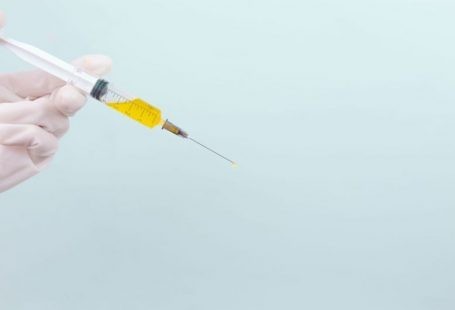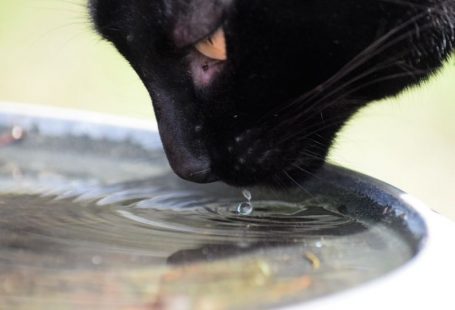Keeping your furry friend at a healthy weight is crucial for their overall well-being and longevity. Just like in humans, obesity in pets can lead to a multitude of health issues such as diabetes, joint problems, and heart disease. To ensure your pet’s optimal health, it’s essential to manage their weight effectively. Here are some tips and strategies to help you keep your pet at a healthy weight.
Understanding the Importance of Weight Management
Maintaining a healthy weight is not just about aesthetics; it directly impacts your pet’s quality of life. Excess weight can put strain on their joints, leading to arthritis and mobility issues. It also increases the risk of developing serious conditions like diabetes and heart disease. By managing your pet’s weight, you can significantly reduce the chances of them encountering these health issues and improve their overall well-being.
Consult with Your Veterinarian
Before embarking on any weight management plan for your pet, it’s crucial to consult with your veterinarian. They can assess your pet’s current weight and body condition, provide guidance on a healthy target weight, and recommend the best approach for weight loss or maintenance. Your vet may also rule out any underlying health conditions that could be contributing to your pet’s weight gain.
Balanced Diet is Key
One of the most critical aspects of managing your pet’s weight is ensuring they are on a balanced diet. Avoid free-feeding and stick to measured meal portions to prevent overeating. Choose high-quality pet food that is appropriate for your pet’s age, size, and activity level. Additionally, consider incorporating more fresh fruits and vegetables into their diet as healthy snacks to help them feel full without consuming excess calories.
Regular Exercise Routine
Exercise is essential for maintaining your pet’s weight and overall health. Dogs need daily walks or playtime to stay active, while cats can benefit from interactive toys and climbing structures. Regular exercise not only helps burn calories but also keeps your pet mentally stimulated and prevents boredom, which can lead to overeating. Consult with your vet to determine an appropriate exercise routine based on your pet’s age, breed, and fitness level.
Monitor Their Weight Regularly
Keeping track of your pet’s weight is crucial in managing their weight effectively. Weigh your pet regularly at home or during vet visits to ensure they are staying on track with their weight management plan. Sudden weight gain or loss could be a sign of an underlying health issue that needs to be addressed promptly. By monitoring their weight consistently, you can make necessary adjustments to their diet and exercise routine as needed.
Healthy Treat Options
Treats are an essential part of training and bonding with your pet, but they can also contribute to weight gain if given excessively. Opt for low-calorie treats or even use fruits and vegetables as a healthier alternative. Be mindful of the portion sizes and frequency of treats to prevent unnecessary calorie intake. You can also incorporate treats into your pet’s daily calorie allowance to ensure they are not consuming excess calories.
Creating a Supportive Environment
Maintaining your pet’s weight requires a supportive environment that promotes healthy habits. Ensure that everyone in the household is on board with the weight management plan and follows the guidelines set by your vet. Minimize table scraps and discourage begging during meal times. Create a routine that includes regular feeding times, exercise sessions, and playtime to keep your pet active and engaged.
Incorporating these strategies into your pet’s daily routine can help you effectively manage their weight for optimal health. By prioritizing their well-being and making informed decisions about their diet and exercise, you can ensure that your furry friend leads a long, healthy, and happy life. Remember, a healthy pet is a happy pet!





